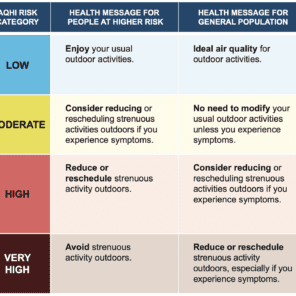Client: College of Physicians & Surgeons of Alberta
Listing of the client in no way affirms the client's support, sponsorship, or validation in any form of Risk Sciences International or the RSI staff member(s) who conducted this project during their stay with RSI or prior to joining the company. This case study is displayed for informative purposes only to demonstrate the capacity of RSI staff members. This case study reveals no proprietary information or information deemed sensitive.
Age-Related Cognitive Decline: Systematic Review and Meta-Analysis
The College of Physicians & Surgeons of Alberta (CPSA) commissioned a systematic review and meta-analysis to support evidence-informed decision-making around age-related cognitive decline among practicing physicians. The initiative was led by CPSA’s Physician Health Monitoring Program (PHMP), which sought to ensure continued competence and public safety in the context of an aging medical workforce.
CPSA identified the need for a robust synthesis of the literature to inform whether, when, and how cognitive assessments might be integrated into physician monitoring practices. The review focused on several key questions: which cognitive domains are most impacted by aging; how early signs of decline might be detected; what assessment methods are most valid and reliable; and whether threshold levels of cognitive decline could signal diminished professional competence. It also explored whether mandatory cognitive assessments were supported by evidence and if so, at what age.
The scope of the work included a systematic review of systematic reviews for general questions and targeted literature reviews on physician-specific data. Methodological rigor was paramount, with approaches aligned to PRISMA and GRADE frameworks. The final deliverables were designed to offer actionable insights that could be directly applied to CPSA’s mandate to protect patients while supporting physicians through evidence-based monitoring protocols.
Experts related to this case study
More RSI Case Studies
RSI presents a very small selection of case studies to highlight some of its key work.




















